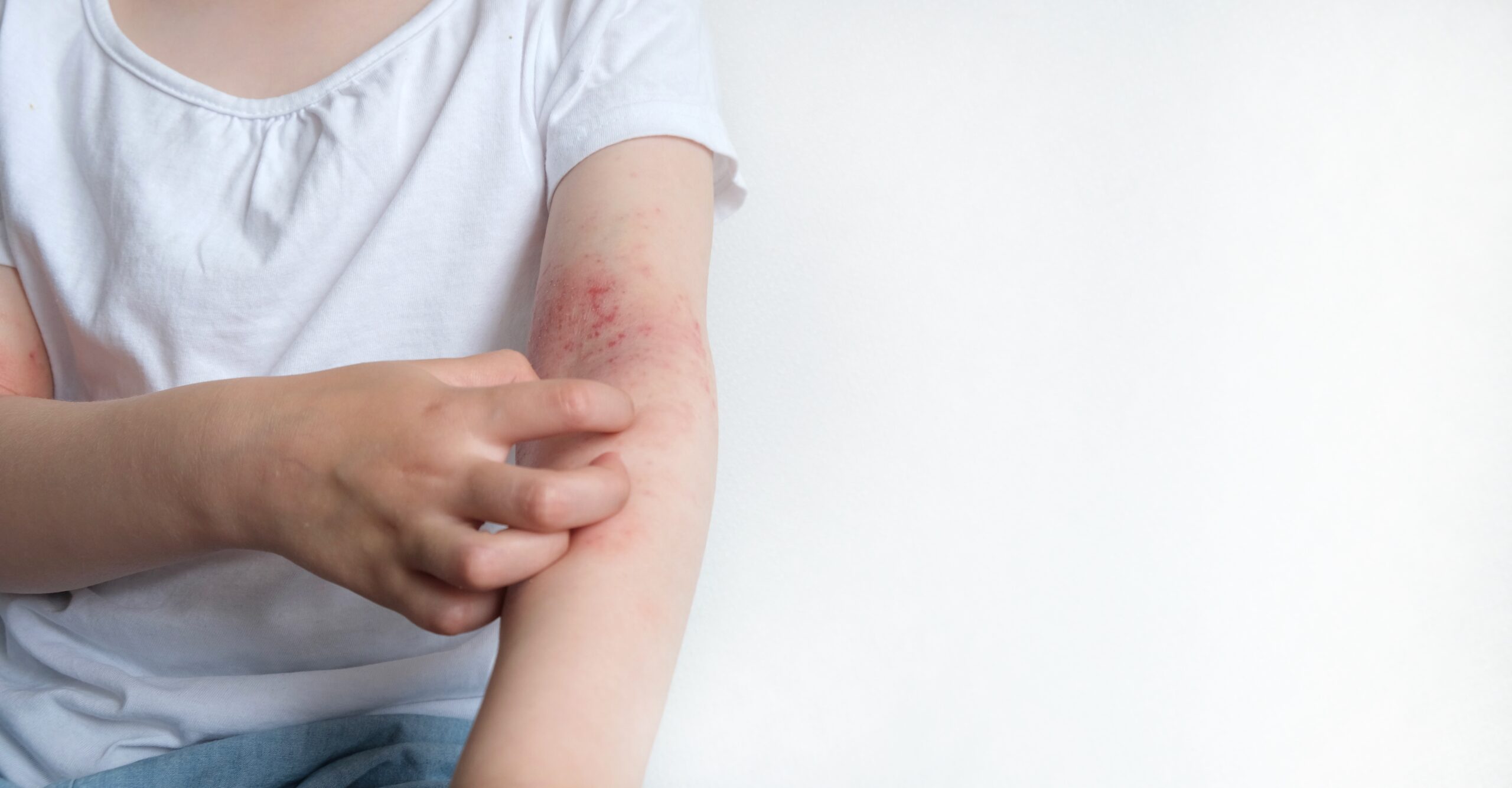A pinch less salt for a healthier complexion
Salt has been a staple in kitchens for centuries, valued not only for its culinary uses but also for its potential impact on skin health, particularly in conditions such as eczema.
Recent research has begun to unravel the complex relationship between salt consumption and the severity of eczema, revealing its diverse effects on skin health.
According to an article on NewScientist, eczema affects more than 200 million people globally, manifesting in symptoms such as dry, cracked, and itchy skin. Common triggers include irritants found in soaps, detergents, and environmental or food allergens.
Studies have previously highlighted that frequent consumption of fast food can increase the risk of severe eczema, especially among children.
The article notes a study led by Katrina Abuabara and her team at the University of California, San Francisco (UCSF), who analysed urine samples from over 215,800 adults in the United Kingdom (UK) Biobank.
Among these participants, over 10,800 had been diagnosed with eczema, prompting further investigation into the potential impact of salt on the condition.
Researchers estimated participants’ urinary sodium excretion over 24 hours using a single urine sample. As about 90 per cent of dietary sodium is excreted in urine, this method accurately gauges salt intake. Participants averaged 3.01 grammes of sodium excretion daily, while the recommended intake is around 2.5 grammes, equivalent to six grammes of salt.

The study found that each additional gramme of sodium excreted raised the odds of an eczema diagnosis by 11 per cent and increased current eczema risk by 16 per cent.
While a single urine sample may not perfectly reflect typical salt intake, further surveys of over 13,000 United States (US) adults confirmed correlations between high salt intake and eczema.
Previous research indicates that sodium can trigger immune cells and inflammatory pathways, potentially aggravating eczema. However, more research is needed to confirm that high sodium intake causes eczema. Future studies funded by the US National Institutes of Health will explore this relationship further.
To help manage eczema potentially linked to high sodium intake, individuals can adopt several strategies to lower their sodium consumption.
Opting for fresh fruits, vegetables, and lean meats instead of processed or canned options is a crucial step, as these often contain high levels of sodium. Paying attention to food labels and selecting products marked as “low sodium” or “no added salt” can also make a significant difference.

Preparing meals at home allows for better control over the amount of salt used, and experimenting with herbs, spices, and other flavourings can be a tasty alternative to salt.
Reducing the consumption of processed foods, including fast food, frozen meals, and snack items, is essential since these are typically high in sodium. If using canned vegetables or beans, rinsing them under water can help remove some of the sodium.
Additionally, substituting high-sodium ingredients with low-sodium versions, such as low-sodium soya sauce or salt substitutes, can be beneficial.
Being mindful of portion sizes is important, as larger servings can contribute to higher sodium intake. Limiting the intake of salty snacks like chips, pretzels, and salted nuts can further help reduce sodium consumption.

When dining out, choosing dishes with less salt and asking for sauces and dressings on the side can also aid in managing sodium levels. Staying hydrated by drinking plenty of water can help flush excess sodium from the system.
Incorporating these changes can help reduce overall sodium intake, potentially alleviating eczema symptoms linked to high sodium levels.
However, for the average Southeast Asian like us Bruneians, reducing salt intake can be particularly challenging given the rich and delicious nature of our cuisine, which often relies on salty ingredients. Nonetheless, it is a choice that individuals may need to make to improve their skin health and overall well-being. – IZAH AZAHARI









